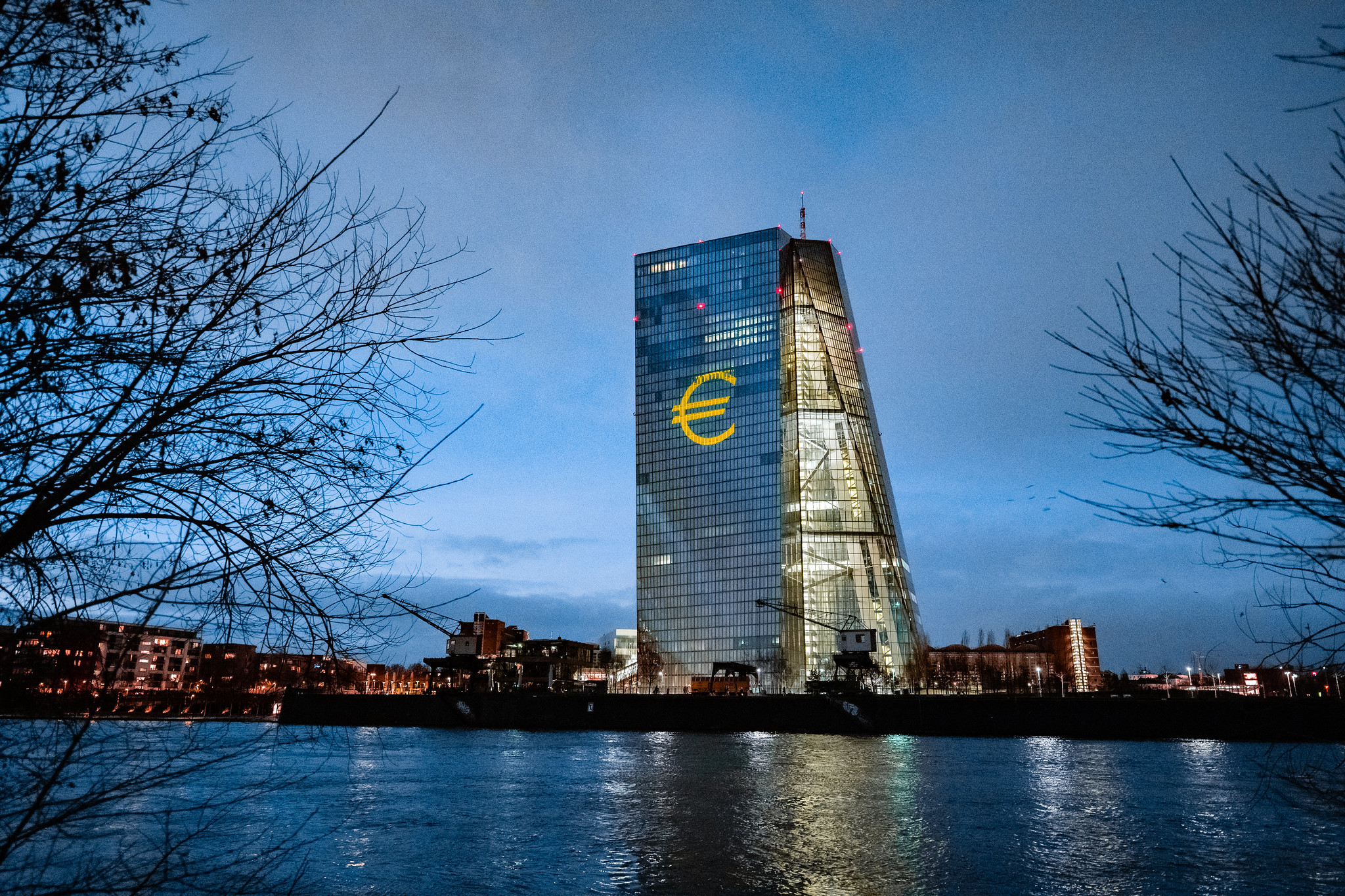International
The real power in Europe is neither democracy or the market

Martin Arnold, a Financial Times correspondent from Frankfurt, reports how the ECB has warned players: whose Euro area countries that would have too much debt would have to reduce it through austerity?
The recipe is as unsuccessful as it is systematically repurposed, like pasta. Correspondence that ominously bangs with French Commissioner Breton’s statements a few days ago that France, if Marine Le Pen wins in the next legislative elections, will run into serious trouble, as happened to British Prime Minister Liz Truss, who was forced to resign because of a “wretched” fiscal stimulus package. In the view of many, it is proven that having one’s own currency is not enough to tame market hysteria.
However, economist Kocherlakota, a longtime advisor to the US Federal Reserve, provided a brilliant explanation of what transpired in that situation on Bloomberg: “The common vulgate is that the financial markets ‘punished’ the Truss government for its fiscal profligacy. But the punishment was far from divine. In the three days since the Truss government announced the so-called mini-budget on Sept. 23, the pound fell 2.2 percent against the euro.
The FTSE 100 stock index fell 2.2 percent. Significant movements, but certainly not enough to explain why that government eventually fell to its knees. The real shock came in the price of British 30-year government bonds, also known as Gilts. These suffered a catastrophic 23 percent collapse in their market prices. This had nothing to do with the theory of rational investors who would, that is, revise their beliefs about the UK’s long-term prospects.
Rather, it was the consequence of the inability (or willingness n.d.r.) of the financial regulator (the Bank of England precisely) to limit the leverage with which UK pension funds operate. These had been buying long-term gilts by borrowing the money (i.e., by entering into derivative contracts but the effect is exactly the same as buying in debt). When prices fell and yields rose, the pension funds were forced to get back out of debt.
These are the so-called margin calls. A vicious cycle was created in which falling prices and selling off of securities fed off each other. In other words, pension funds, in order to raise the necessary liquidity, scrambled to sell off the securities in their portfolios, accentuating the fall in prices.”
Neither the European Commission nor the markets possess true power. Whenever they talk about markets, they are really referring to a small core of bureaucrats who control Brussels






